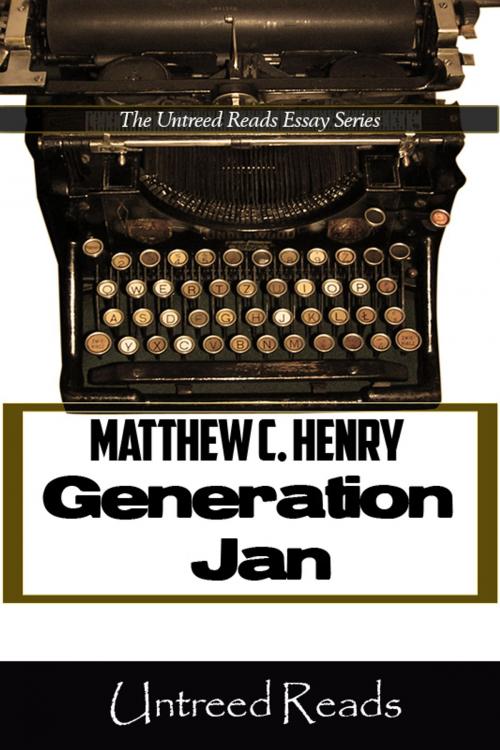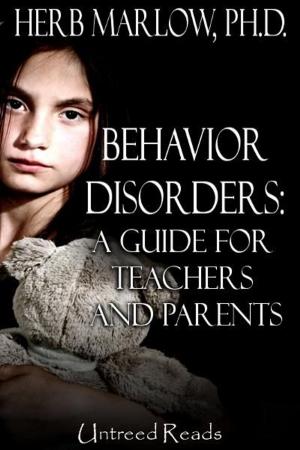Generation Jan
The X'ers as Middle Children
Nonfiction, Social & Cultural Studies, Social Science, Demography, Health & Well Being, Psychology, Social Psychology| Author: | Matthew C. Henry | ISBN: | 9781611874754 |
| Publisher: | Untreed Reads | Publication: | November 15, 2012 |
| Imprint: | The Untreed Reads Essay Series | Language: | English |
| Author: | Matthew C. Henry |
| ISBN: | 9781611874754 |
| Publisher: | Untreed Reads |
| Publication: | November 15, 2012 |
| Imprint: | The Untreed Reads Essay Series |
| Language: | English |
As the first wave of Baby Boomers begins to retire, their departure presents an awkward power vacuum in the American cultural, political, and business arenas. Though many members of Generation X expected to inherit the reins of power and influence in the late 2000s, workplace trends at the time showed that the Boomers had taken a liking not to the Xers who were waiting in the wings, but the new Milennials in the workplace. Milennials, or Generation Y, are the cohort born between the early 1980s and the late 1990s, and their optimistic, group-centric workplace worldview presented a stark contrast to the isolated and cynical outlook traditionally seen in many Gen-Xers. Thus, as Xers found themselves overlooked in favor of their younger counterparts, many began to consider themselves the middle children in the workplace. Matthew Henry analyzes this middle child position of Generation X using a Gen-X popular culture framework. Looking at the Boomers origins in post-World War II culture, and drawing parallels between Boomer and Millennial beliefs and attitudes, he makes several arguments for the May-December relationship between the two generations and suggests a possible solution for the Xers who often find themselves neglected in between.
As the first wave of Baby Boomers begins to retire, their departure presents an awkward power vacuum in the American cultural, political, and business arenas. Though many members of Generation X expected to inherit the reins of power and influence in the late 2000s, workplace trends at the time showed that the Boomers had taken a liking not to the Xers who were waiting in the wings, but the new Milennials in the workplace. Milennials, or Generation Y, are the cohort born between the early 1980s and the late 1990s, and their optimistic, group-centric workplace worldview presented a stark contrast to the isolated and cynical outlook traditionally seen in many Gen-Xers. Thus, as Xers found themselves overlooked in favor of their younger counterparts, many began to consider themselves the middle children in the workplace. Matthew Henry analyzes this middle child position of Generation X using a Gen-X popular culture framework. Looking at the Boomers origins in post-World War II culture, and drawing parallels between Boomer and Millennial beliefs and attitudes, he makes several arguments for the May-December relationship between the two generations and suggests a possible solution for the Xers who often find themselves neglected in between.















